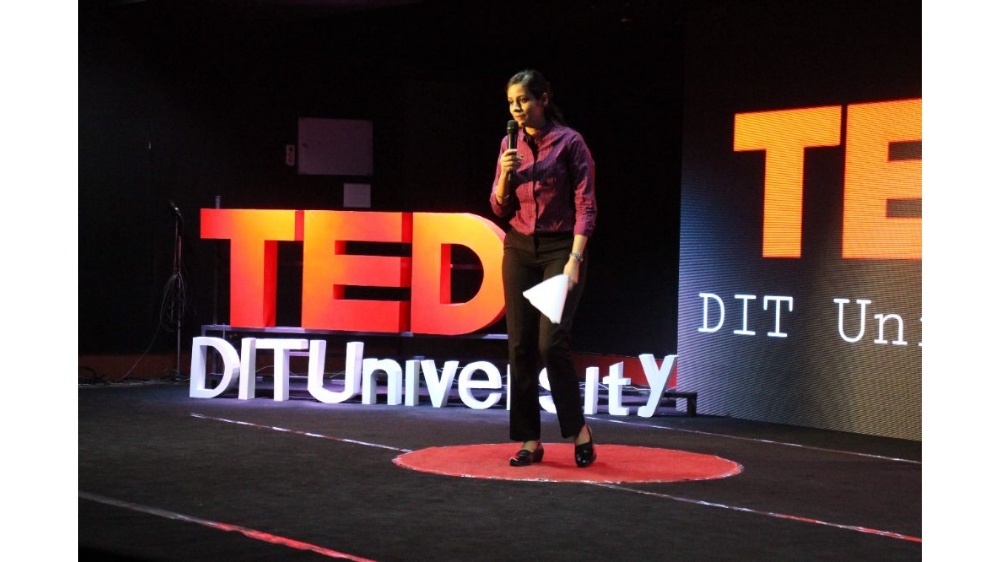The Consolidated FDI policy Circular of 2020, issued by the Department of Industrial Policy and Promotion (DIPP), Ministry of Commerce and Industry, effective from October 15, 2020, provides for the regulations applicable on entities operating under the Single Brand Retail Trade (SBRT) regime in India.
The aforesaid regime allows a person resident outside India (PROI), whether owner of the brand or otherwise, to undertake SBRT in India for the specific brand. Such trading can be undertaken either directly by the brand owner or through a legally tenable agreement executed between an Indian entity undertaking the SBRT and the brand owner.
Equity/Foreign Direct Investment (“FDI”) Cap on the on SBRT has been leniently set at 100% through Automatic route, i.e., without seeking approval from the Government of India – conveniently positioning India as an attractive investment destination for foreign investors seeking to expand their brands by tapping into the country’s exponentially large consumer base. There are, however, some conditions put in place to protect the Indian interests while obtaining advantages like attracting investments in production and marketing, as delineated in the further sections of this article.
FDI in SBRT is subject to certain conditions, which include:
- Products to be sold should be of a ‘single brand’ only;
- Products should be sold under thesame brand internationally, in one or more countries other than India (Not applicable for SBRT of Indian Brands);
- They must be branded during manufacturing; and
- In respect of FDI in SBRT beyond 51%, 30% of the value of the goods procured should be sourced domestically, preferably from MSMEs, village and cottage industries, artisans and craftsmen, in all sectors.
Decoding the Elephant in the Room – The 30% Sourcing Norms
As mentioned above, 30% of the value of goods procured should be sourced domestically in cases where FDI exceeds 51%. In regards thereto, the following points merit consideration:
a) Relaxation for the newly setup operations: The 30% sourcing/procurement requirement would have to be met, in the first instance, as an average of 5 years’ total value of the goods procured, beginning 1st April of the year of the commencement of SBRT business, i.e., opening of the first store or start of online retail, whichever is earlier. Thereafter, the SBRT entity shall be required to meet the 30% local sourcing norms on an annual basis.
b) Who shall be the relevant Entity for the purpose of ascertaining the sourcing requirement?
The relevant entity would be the company, incorporated in India, which is the recipient of FDI for undertaking SBRT operations.
c) What shall be considered as locally sourced goods?
o All procurements made from India by the SBRT entity for that single brand shall be counted towards local sourcing, irrespective of whether the goods procured are sold in India or exported.
o Set off of sourcing of goods from India for global operations against the mandatory sourcing requirement of 30% is also allowed.
d) Sourcing norms in case of products having ‘state-of-art’ and ‘cutting-edge’ technology:
In case of entities undertaking SBRT of such products, where local sourcing is not possible, the abovementioned sourcing norms will not be applicable up to 3 years from the commencement of business. Thereafter, point (a) shall be applicable.
e) Preferred Sources: Such procurement shall be done preferably from MSMEs, village and cottage industries, artisans and craftsmen, in all sectors.
f) Who shall certify the quantity of locally sourced goods?
The quantum of domestic sourcing will be self-certified by the company. The same shall be subsequently checked by statutory auditors.
SBRT through E-commerce
Entities are also allowed to undertake SBRT operations through E-commerce:
a) If the entity in question is also operating through Brick and Mortar Stores; OR
b) If not, then subject to the condition that the entity opens brick and mortar stores within 2 years from date of start of online retail.






Lucid analysis. Extremely helpful for a lauman like me.
On a positive note we being one of the largest markets in the world have plethora of opportunities in resonance with sbrt. It will be a boon for local markets and manufacturing sector and boost foreign exchange reserves additionally.. concerns of bigshots needs to be addressed.
Who knows we might pave the way for a desi indian company like ‘APPLE’ or ikea in future.
Lucid Analysis. Extremely Helpful for a layman like me.
On an positive note .. we being one of the biggest markets in the world.. it will be a boon for our local markets, manufacturing sector .. may increase foreign exchange reserves additionally.
Who knows.. we might pave the way for new INDIAN DESI single brand retailers like apple and ikea in future.